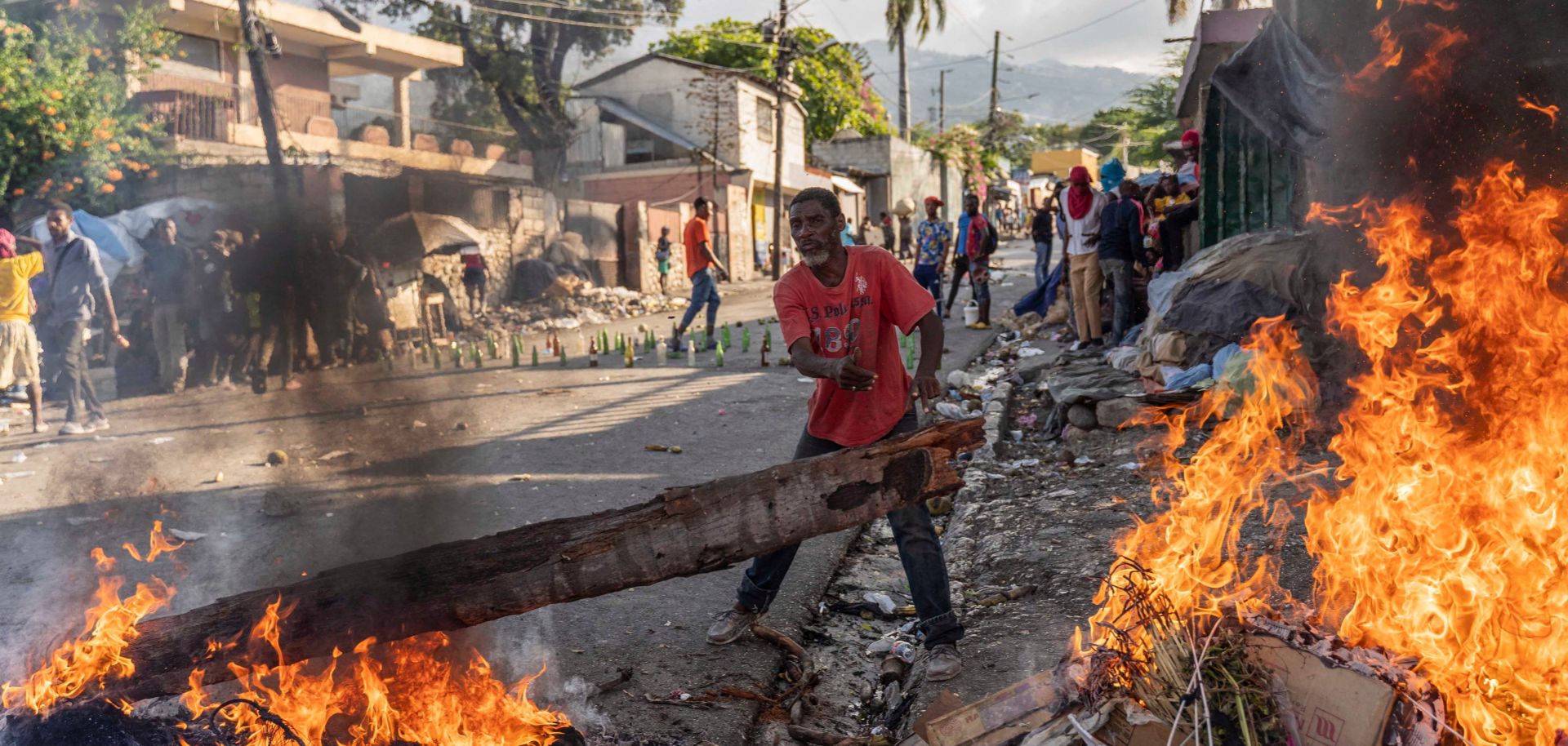As mass anti-government protests in Haiti enter their eighth week, compounding political, criminal and economic crises limit the country's near-term prospects for improvement, posing security risks domestically and regionally. Protests against the government of Prime Minister and acting President Ariel Henry began on Aug. 22 in the capital of Port-au-Prince in response to poor economic conditions and severe gang activity; they have since spread across the country, with hundreds and sometimes thousands of people participating in demonstrations each week. The largest protests have occurred in the capital, but virtually all major population centers have also experienced large-scale unrest, including the northern port cities of Cap-Haitien, Port-De-Paix and Gonaives, which are typically more peaceful than southern Haiti. Demonstrations escalated on Sept. 11 after authorities announced a 115% fuel price hike, which Henry defended as necessary to keep the government running and provide social services amid limited funding. Protesters have marched holding...

